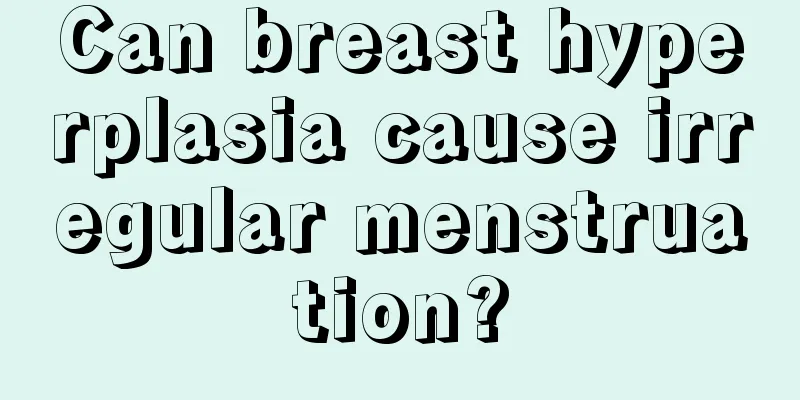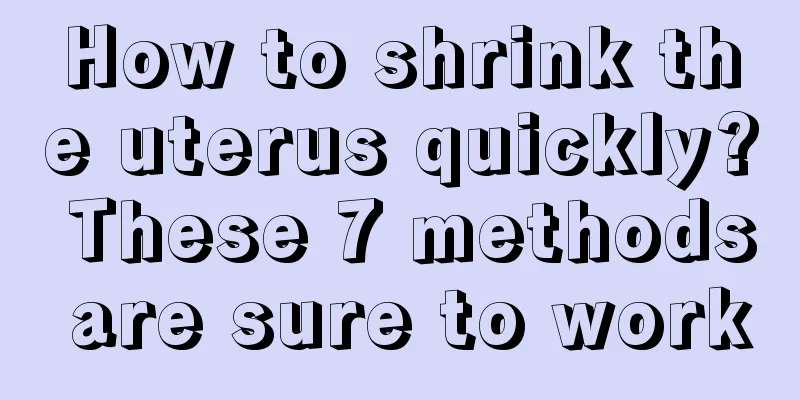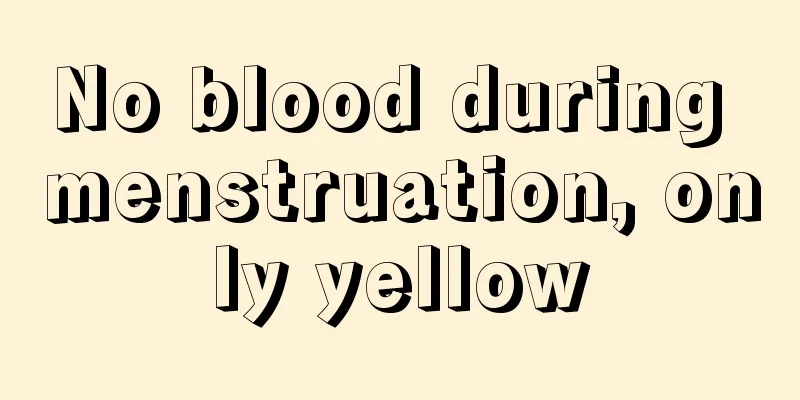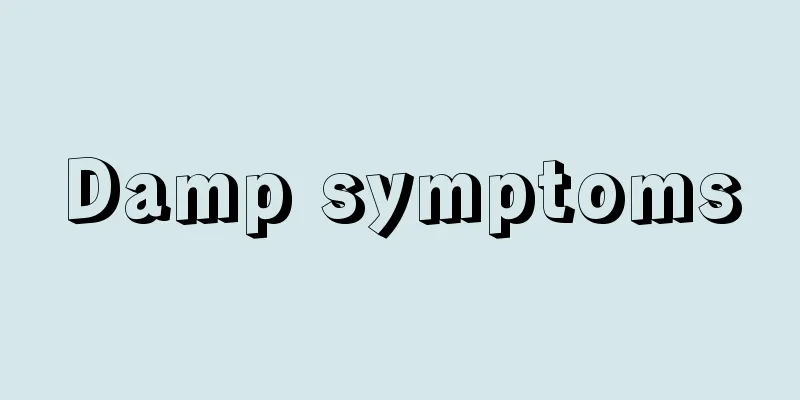Consequences of cervical removal

|
Cervical resection is a treatment method used by many women, mainly used to treat malignant diseases such as cervical cancer. Cervical resection can ensure women's health and free them from the trouble of illness, but this operation also has certain side effects, such as causing depression, urinary system problems, sexual dysfunction, ovarian dysfunction, and even causing female urinary and fecal incontinence.
The endocrine regulation of the uterus and ovaries forms a feedback system with the central nervous system. After hysterectomy, this feedback loop is disrupted. In particular, when estrogen levels drop, it interferes with the normal secretion and metabolism of central neurotransmitters, which can cause varying degrees of anxiety and depression symptoms. 2. Cervical resection causes urinary system problems The female urinary system is homologous to the reproductive system and is both an estrogen-dependent organ. After hysterectomy, the estrogen level decreases, which can cause the elastic tissue around the urethra to thin, resulting in urinary incontinence, which can easily induce urinary tract infection and a series of urinary tract irritation symptoms such as frequent urination, urgency, and pain when urinating.
Estrogen is the most important regulating hormone for female sexual function, and the ovaries are the main secretory organs. After hysterectomy, the blood supply and function of the ovaries are affected. Most women will experience varying degrees of changes in sexual function, such as decreased or lack of libido, decreased sexual responsiveness, difficulty in orgasm, and decreased sensation in the reproductive organs. 4. Ovarian dysfunction after cervical resection Before menopause, the endocrine system between the uterus and ovaries maintains a precise and subtle dynamic balance. Hysterectomy will inevitably disrupt this balance and may cause ovarian function to decline, making menopausal symptoms earlier and more obvious.
Many women have a permanent, intense pain in their nerve pathways. The pain radiates from the lower back, through the buttocks and down to the back of the knee, making sitting or walking painful. 6. Cervical resection causes incontinence After hysterectomy, the support function of the pelvic floor is weakened, and the loss of sensation due to pelvic nerve removal may lead to urinary incontinence, chronic constipation and fecal incontinence. |
<<: How to relieve the pain after the operation
>>: What are the harms of cervical removal?
Recommend
What is the meaning of the Jingzhe solar term? What should we prepare for Jingzhe?
"When spring thunder sounds, everything grow...
Urine test weak positive after abortion
Although artificial abortion is very simple, it i...
"Super sweet potato" in the sand: although it is very earthy, it is a "smooth artifact"!
Want to find a cheap and easy-to-use "smooth...
Girls' lower body discharge yellow water
In daily life, women are often troubled by variou...
Why do girls often lose their hair?
In life, hair loss or hair loss is a very common ...
Is it necessary to have a uterine curettage if the abortion is incomplete?
Medical abortion is a common method of abortion n...
Pustules on the inner labia minora
Most of the pustules on the private parts are cau...
What is the cause of yellow and watery leucorrhea?
Yellow leucorrhea is actually mostly caused by di...
Symptoms and treatment of advanced breast cancer
In recent years, breast cancer has become particu...
Can women still get pregnant after menopause?
Women have to experience the menstrual period, ov...
Disadvantages of not having menstruation during breastfeeding
After giving birth to a baby, most women will cho...
Will scraping delay menstruation?
Gua Sha is a method of treating diseases in Tradi...
What kind of anti-inflammatory drugs can not be taken for cervical erosion
For female friends, if they start sexual life too...
How long after giving birth can I dance to lose weight?
After giving birth, women's bodies will appea...
What should I do if my period comes twice a month?
Girls have their period every month, which is a n...









